Real Estate Blog
-
Asheville, North Carolina, is renowned for its vibrant arts scene, stunning mountain views, and a coffee culture that’s as rich and diverse as its community. Whether you’re a local or considering making Asheville your home, exploring its unique coffee shops offers a delightful glimpse into the city’s character. 1. Rowan Coffee Location: 45 S French […]
-
Where the Mountains Call Where the blue mist rises and rivers sing,Where every sunrise feels like spring,Western North Carolina calls your name,With rolling hills and skies aflame. From Asheville’s art to Brevard’s falls,From cozy cafés to music halls,Adventure waits on winding trails,With whispering pines and starlit tales. BBQ smoke and sweet iced tea,Front porch laughter, […]
-
Fletcher, a town located in Henderson County, North Carolina, is a growing community that offers a mix of suburban living and convenient access to surrounding areas. Overview Of Fletcher, NC Fletcher was incorporated as a town in 1989 and is situated approximately 13 miles south of Asheville. Covering an area of 6.1 square miles, the […]
-
For over 30 years, Habitat for Humanity of Asheville has been a pivotal force in transforming lives by providing safe, affordable homes to families in need. Their mission is rooted in the belief that everyone deserves a decent place to live, and the organization has helped countless individuals and families create stable, lasting futures. Why […]
Social Links Widget
Click here to edit the Social Media Links settings. This text will not be visible on the front end.

136 S King Street
Suite E
Hendersonville, NC 28792



© 2024 century 21 connected
© CENTURY 21 2023 - 2024. All rights reserved. CENTURY 21®, C21® and the CENTURY 21 Logo are registered service marks owned by Century 21 Real Estate LLC. Franchisee Legal Entity Name (not the dba) fully supports the principles of the Fair Housing Act and the Equal Opportunity Act. Each franchise is independently owned and operated. Any services or products provided by independently owned and operated franchisees are not provided by, affiliated with, or related to Century 21 Real Estate LLC nor any of its affiliated companies.


 Facebook
Facebook
 X
X
 Pinterest
Pinterest
 Copy Link
Copy Link